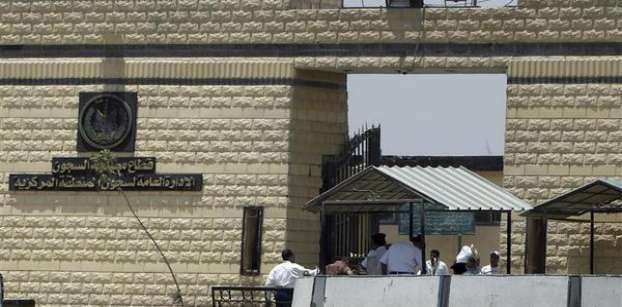
CAIRO, Oct 6 (Aswat Masriya) – Activists launched a campaign on social media shedding light on medical negligence in Egyptian prisons.
Using the hashtag "Medical negligence is premeditated murder," the campaign was launched following the death of 20-year-old photographer Mohanad Ehab, who died on Monday due to complications related to leukemia.
Ehab had spent several months in prison sporadically over the past three years, where he reportedly suffered medical negligence, which social media users allege led to his death.
Under the hashtag, activists circulated a form through which they can collect details on inmates suffering medical negligence.
Lawyers, doctors and human rights defenders also used the hashtag to recount cases of other prisoners who have little to no access to medication or treatment.
Having spent over a year in jail herself, political activist Mahienour el-Massry said in a Facebook post that she was in custody with "many elderly women, most of whom were suffering diabetes, high blood pressure and heart diseases."
She said that "due to bad conditions inside cells especially during the summer and the heat, it was natural that their conditions worsen."
Massry shared a case of a woman whose child died as she was giving birth because prison authorities were late in transferring her to an operation room.
Another case was that of a woman who was beaten to death by a doctor in prison because he thought she was "faking illness," Massry said.
Taher Mokhtar, a member of the rights committee at the Doctors' Syndicate, said the campaign was originally launched in October 2015, after inmates complained about the medical conditions inside prisons.
Mokhtar, who has also been jailed himself in January until August for advocating for better detention conditions, told Aswat Masriya that medical negligence is a "recurring phenomenon and not individual cases as presumed."
The prison authority treats prisoners as "humans without rights," regardless of the reasons they are imprisoned, he said.
He added that prison clinics are "unequipped to serve prisoners."
Local and international human rights organisations have long criticized detention facilities in Egypt.
Late last month, Human Rights Watch called on the Interior Ministry to ensure regular access to doctors and medical treatment.
In its report, HRW said that at least six inmates died in custody between May and October 2015, two of whom had been diagnosed with cancer and one with diabetes.
In a February report, Amnesty International described conditions in Egyptian prisons and police stations as "extremely poor."
"Cells were severely overcrowded and unhygienic, and in some cases officials prevented families and lawyers giving food, medicine and other items to prisoners," the report read.
Local NGO the Arabic Network for Human Rights Information (ANHRI) also said in a report earlier in September that "many prisoners are not transferred to hospitals, or in some cases they are returned back to prison before receiving treatment or recovering."




